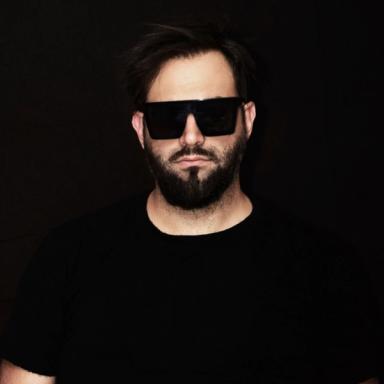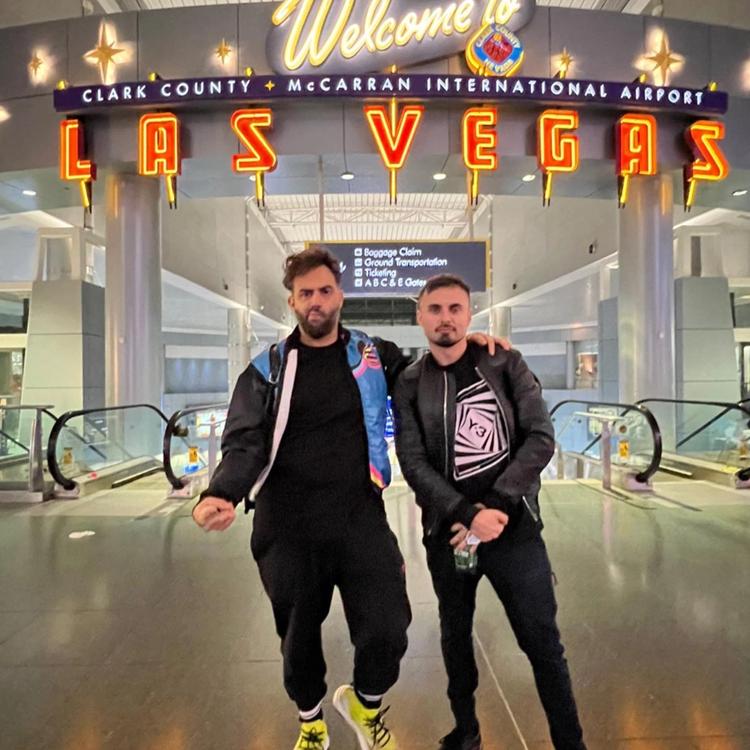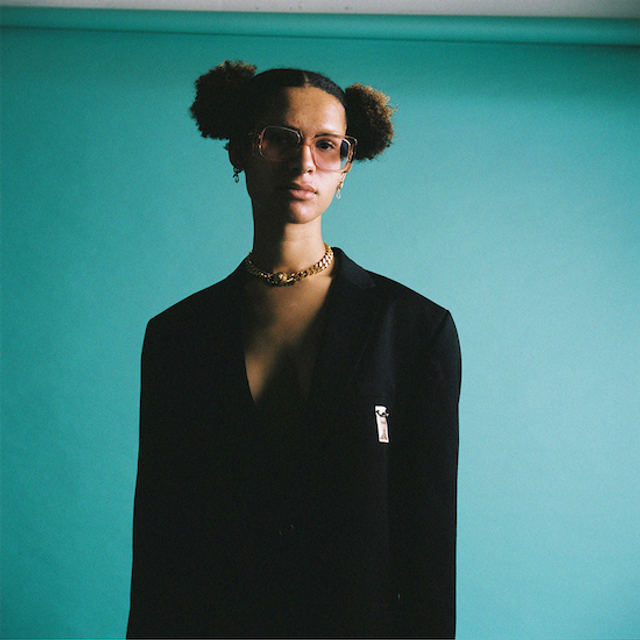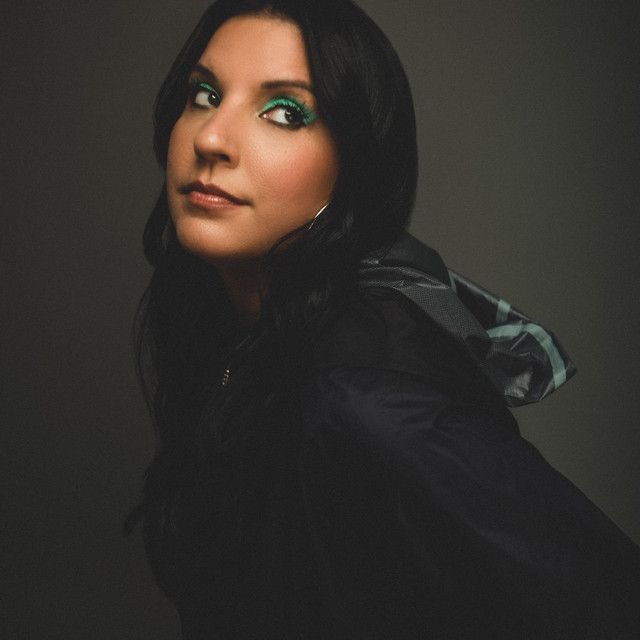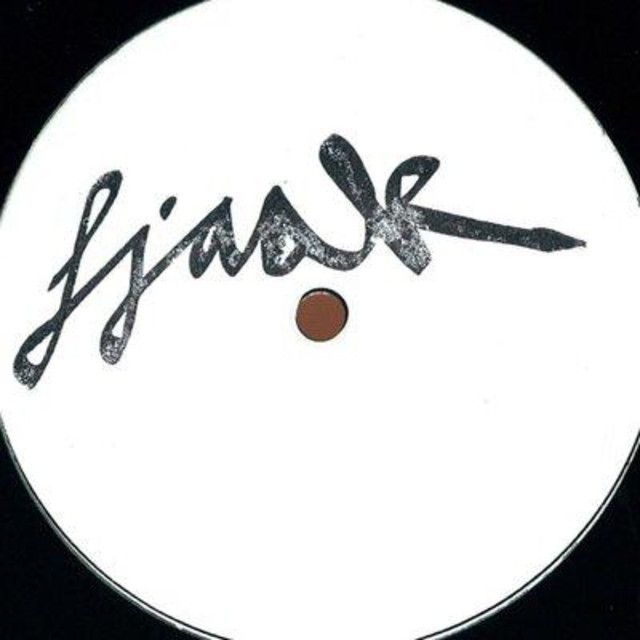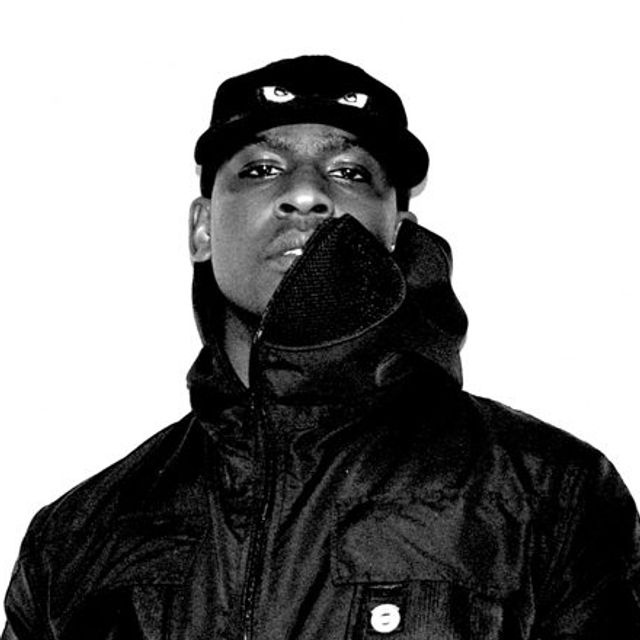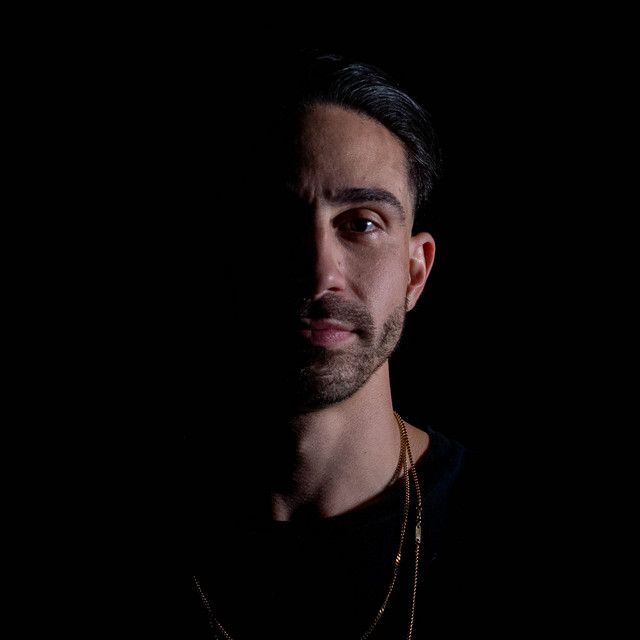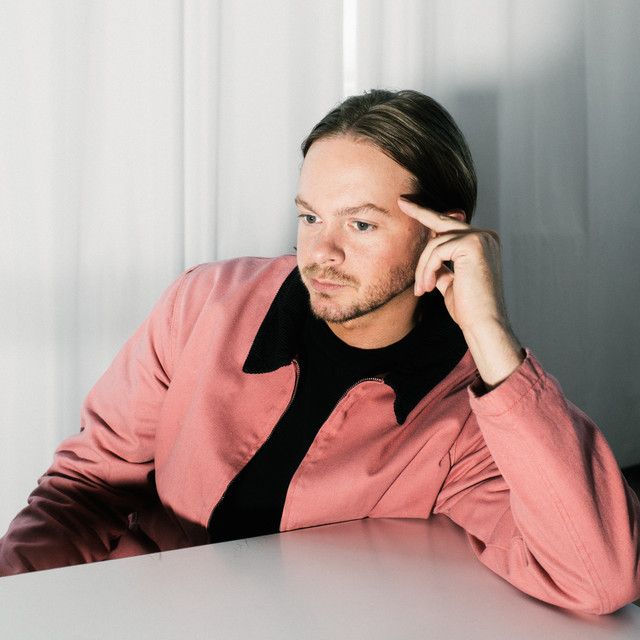Artist Spotlight
Mihalis Safras has been making a name for himself since the early 2000s. Growing up in Greece, Mihalis cut his teeth as a resident DJ in Mykonos. After a decade of honing his skills and releasing high-quality music, he broke through in 2015 when he signed tracks to Toolroom, Saved Records, and Knee Deep in Sound. Soon after, he found himself under the wing of Green Velvet. That relationship has propelled Mihalis to the front row of the tech house world. You've been in the scene long enough to understand how electronic music has grown and developed in the states over the last 10-20 years. Can you tell us what you've seen regarding the growth of the scene here? What can I say? The USA, for me right now, is the center of the global electronic scene. It used to be Germany and Berlin, then the UK. Now it's the USA. Just look at how many major festivals and events are in the EU compared to the USA. Of course, each territory is unique and different, but in the last decade, the USA scene has rapidly evolved. One of the things that often gets overlooked with DJs is how long it can take you to gain international recognition. In 2016 you had a massive breakthrough year and won a few awards to commemorate this. But, your journey did not begin in 2016. I know you started putting music out in the mid-2000s with songs like "Highs and Lows" and "Bomber." What were those early years like for you as an up-and-coming DJ? Any fond memories? You went way back… 2016 feels like ages ago. I pressed my first vinyl in 2004, though, and started my own label, Material, two years later. Sometimes I feel like I need to retire, but that's the good thing about music, numbers make you feel old, but the energy it gives you always makes you feel like a teenager. I recall staying up all night producing beats without caring about success. I think that's the key. Do what you like, and the rest will follow. What I clearly remember is talking to Mark Broom (we had our first vinyl together) while listening to his records. The rest is just history. When Americans think of electronic music in Greece, they typically think about Mykonos and the posh scene. What was your experience with house music growing up in Greece, and how do you feel the scene has progressed, if it has, over the years? Not only Americans, the whole globe when they talk about the club scene in Greece, they think of Mykonos. That's normal as it's something like the Ibiza of Greece. I was a resident DJ for some time in Mykonos, and I can say that the island helped the growth of the electronic scene in Greece. Having recognized DJs every week spinning fresh music to the crowd helps educate clubbers. I think Greek people are very well educated in terms of separating good and trash music. The only bad thing is that there are not too many Greek DJs that can represent Greece in the electronic scene. The scene has been evolving, and I'm positive that once more, Greeks will take over :) You worked tirelessly for years to get your name out there. Finally, in the mid-2010s, it felt like you started to pick up momentum. In 2015 and 2016, you began hitting it on more prominent labels like Toolroom, Saved Records, Knee Deep In Sound, to name a few. When did you feel like it was happening for you on a bigger scale? I never felt that something started to happen to be honest. So far, I just do what I started 15 years ago. I produce beats, send to labels that I like and release my stuff. The only thing that changes are the personal relationships you build over the years with label owners or other producers. So it's like creating a musical family. I feel exactly the same, excited for every release I have. As someone making music for well over a decade, do you think music production software has improved, and do you have any favorite plug-ins or pieces of hardware that you go to regularly? I started producing with the iconic AKAI MPC, so the transition from hardware to software was not easy. But imagine things started slowly, Reason then Live, etc., etc. I still prefer the raw sounds of hardware. But on the other hand, it is much easier to work on software using VSTs. This connected almost half of the globe to music production. Now every young or old person could produce in a home studio. The result is that out of the thousands of new tracks produced, some were literally diamonds! New artists emerged that are now legends, and the scene evolved faster. I loved the old way of production, but I'm excited to see that software still keeps pushing forward. My favorite plug-in is my T-Tracks C1 compressor. Become a Gray Area member for access to exclusive perks! You're a big proponent of vinyl throughout your career. At the same time, we've seen the CDJ progress so far. What do you like and dislike about each form of DJing? Oh yes, oh yes, as someone might say. I've been a vinyl jockey since day one. Of course, the issues I was facing the last two years (club sound systems not set up for vinyl DJs) made me start DJing with CDJs. As said, technology makes things easier, so CDJs made things way easier, but at the same time, you can be more creative on other things when you are spinning. I [prefer] the classic 12-inch style. I love the feeling when I touch the wax and see the covers in real paper, going through each one in my record bag. I even like the fact that sometimes the needle can jump (if there is tiny dust on the wax) and create this classic feeling of the 80's DJ. I just love it. That's why all my DJSounds videos are with vinyl. We obviously have to discuss Green Velvet and Relief Records. When did you first meet Curtis, and what has that relationship meant to you personally and your career? By far, Green Velvet is the person that I had the most collaborations with. So far, ten singles together and still have lots to come. I had heard him obviously when I was a clubber, and it was meant to be sooner or later, to send him my music. He liked it, and we started discussing and planning more and more. But the key is that he is not just a label owner or artist. He is a friend that helped me a lot through some problems I faced many years ago, so that builds a strong friendship. Lastly, the tech house genre has become increasingly popular in the last five years, with artists like Fisher, Chris Lake, and John Summit bringing it to a broader audience. How do you feel about the progression of the genre? Whatever brings our music to a wider audience is good. Some of the tracks are mainstream. Some are underground. The key is to have a balance and not go party to mainstream tech house expecting underground and vice versa. Both are good; both help our scene to develop. We are all here for the love of music. Damn, I sound like I'm on ecstasy pills or what? Thanks for chatting.
